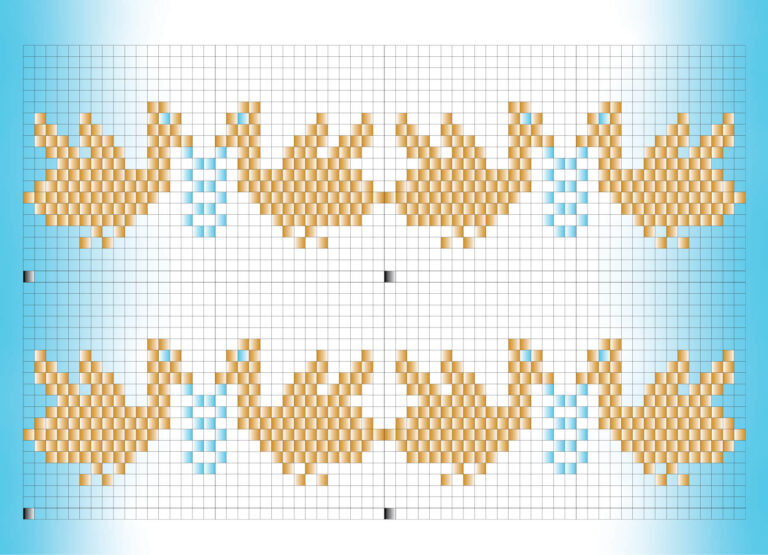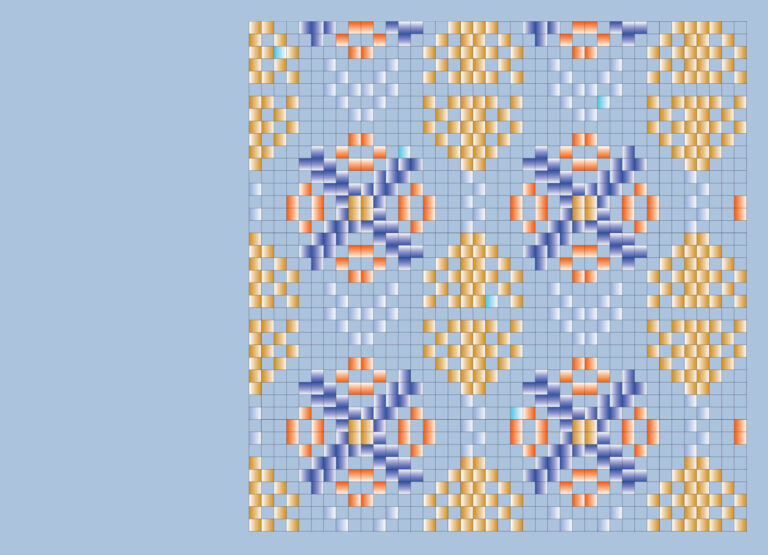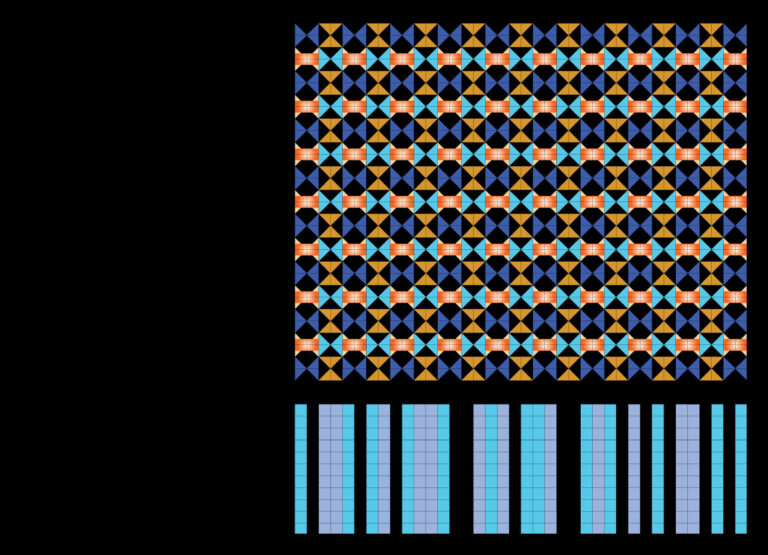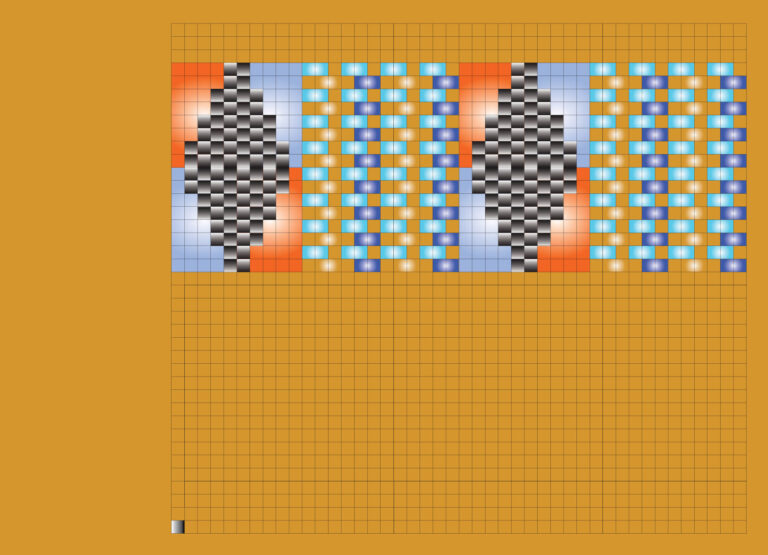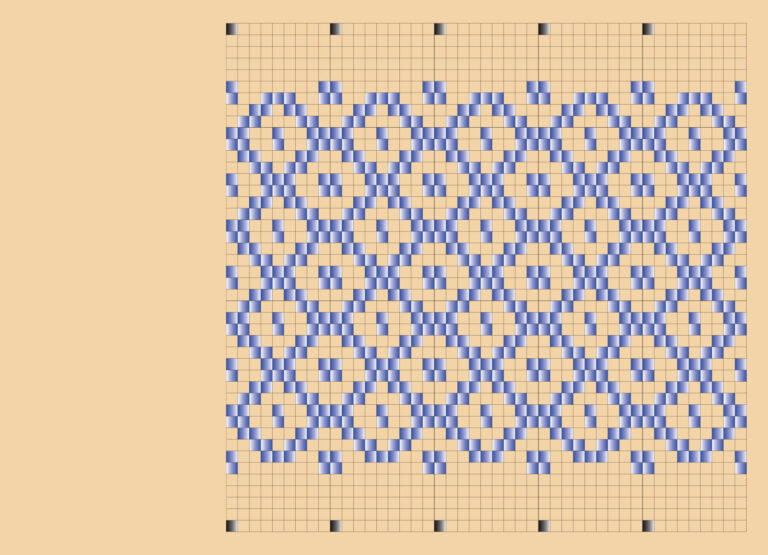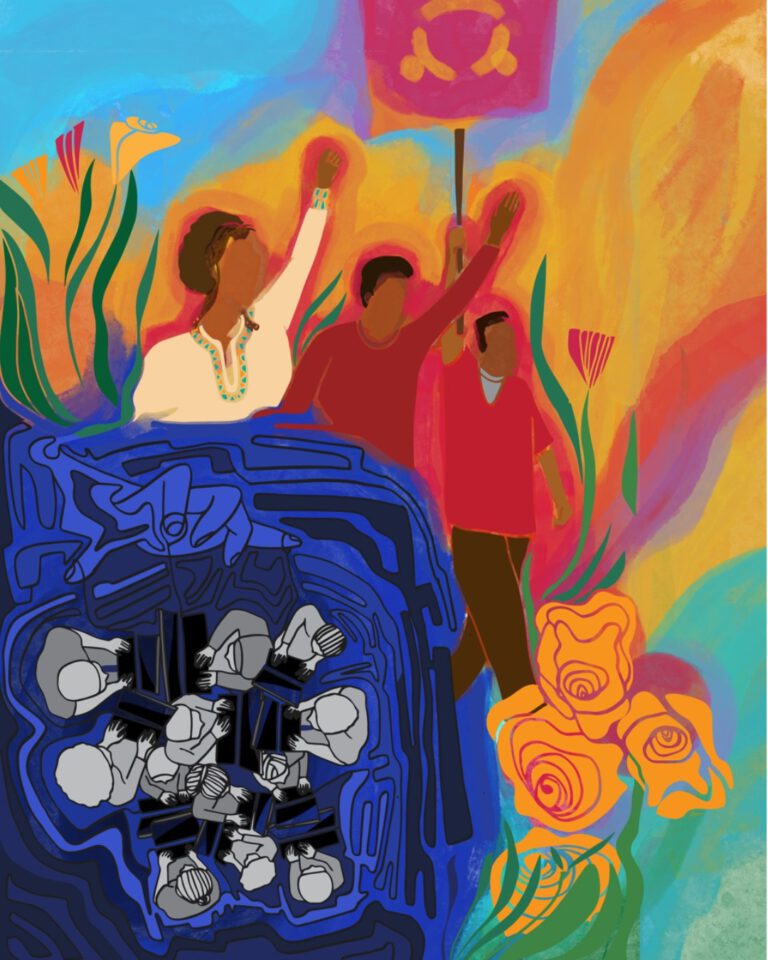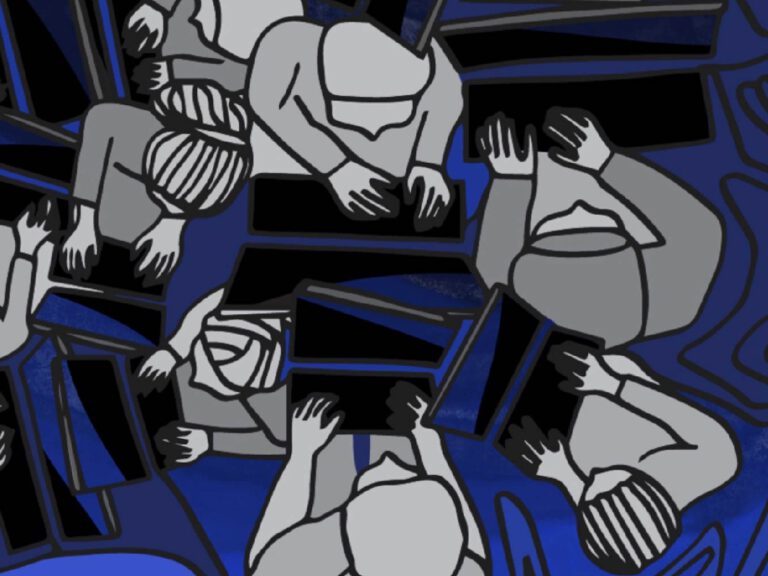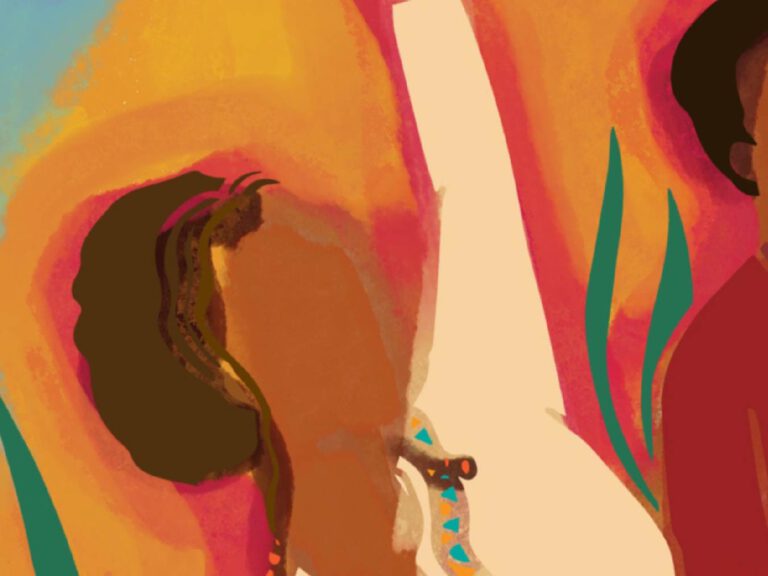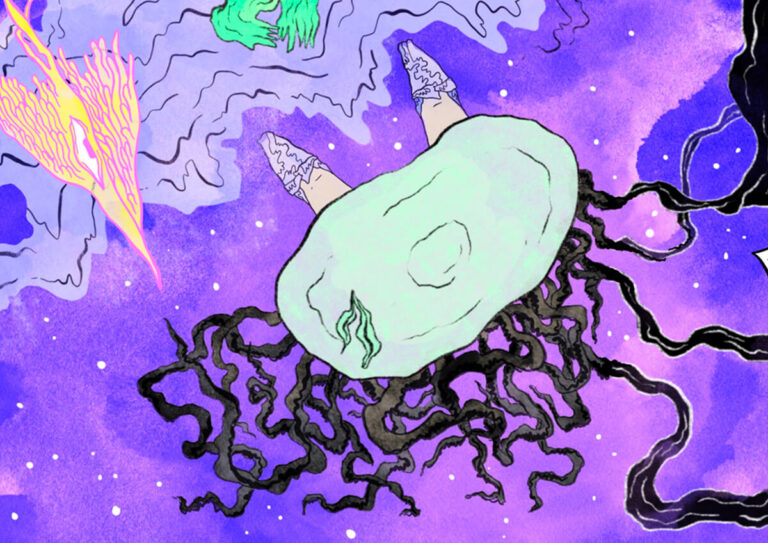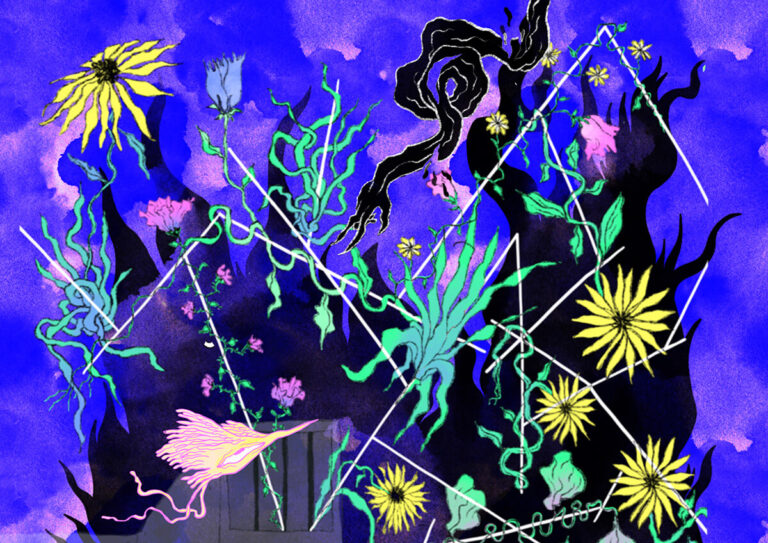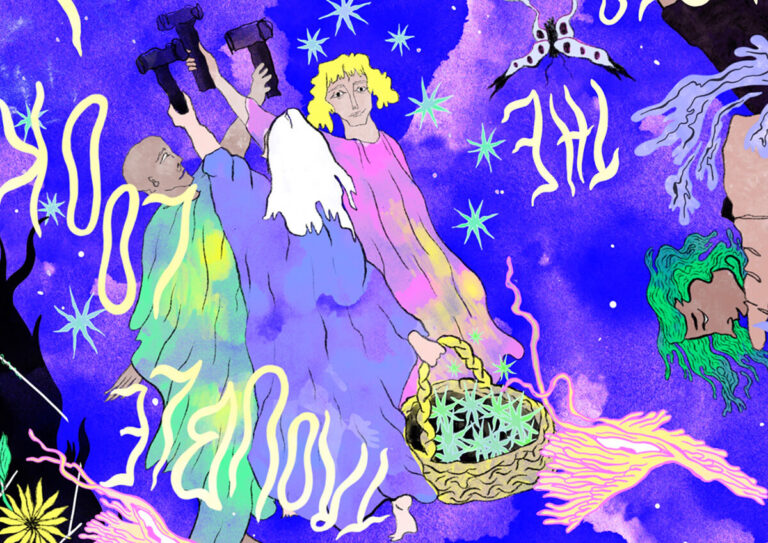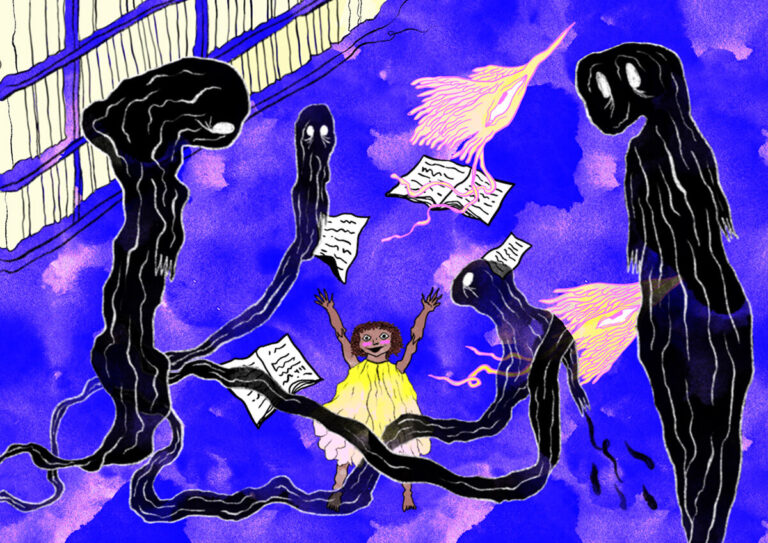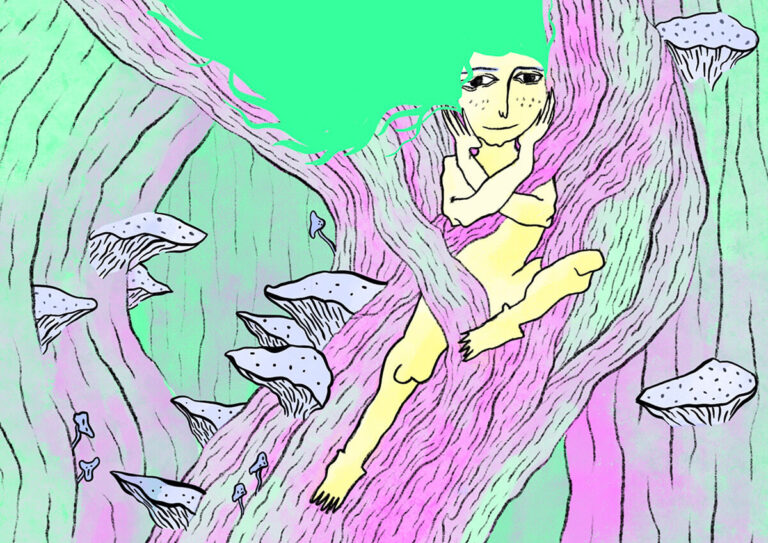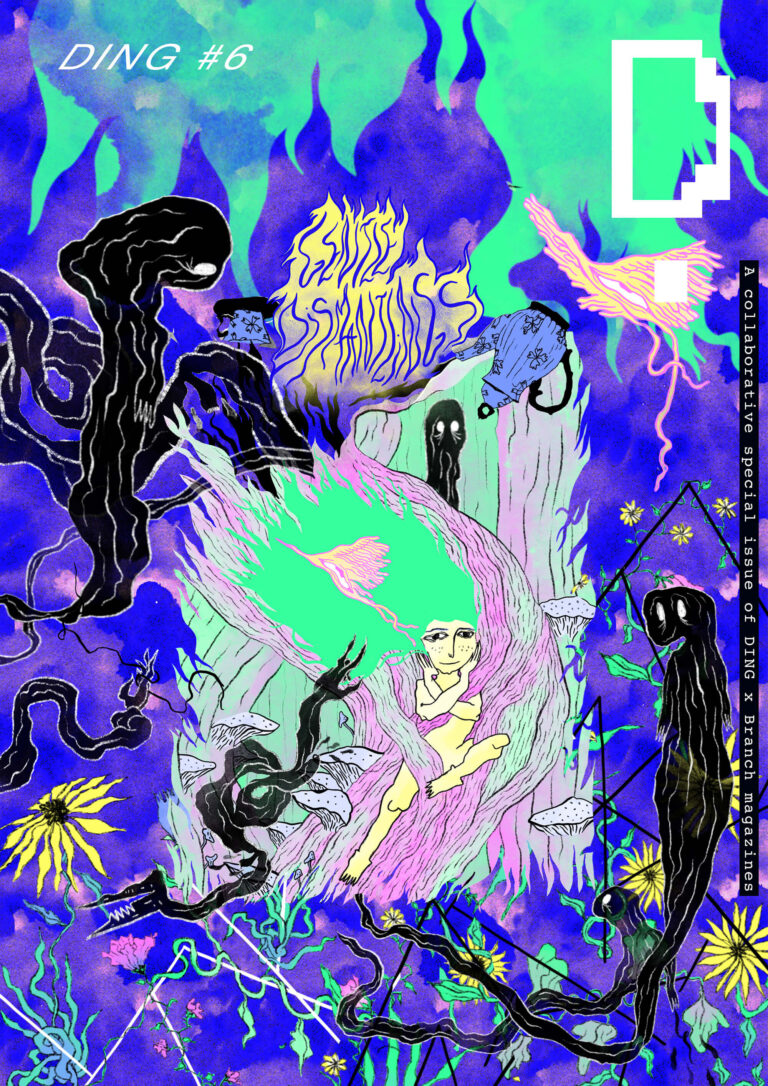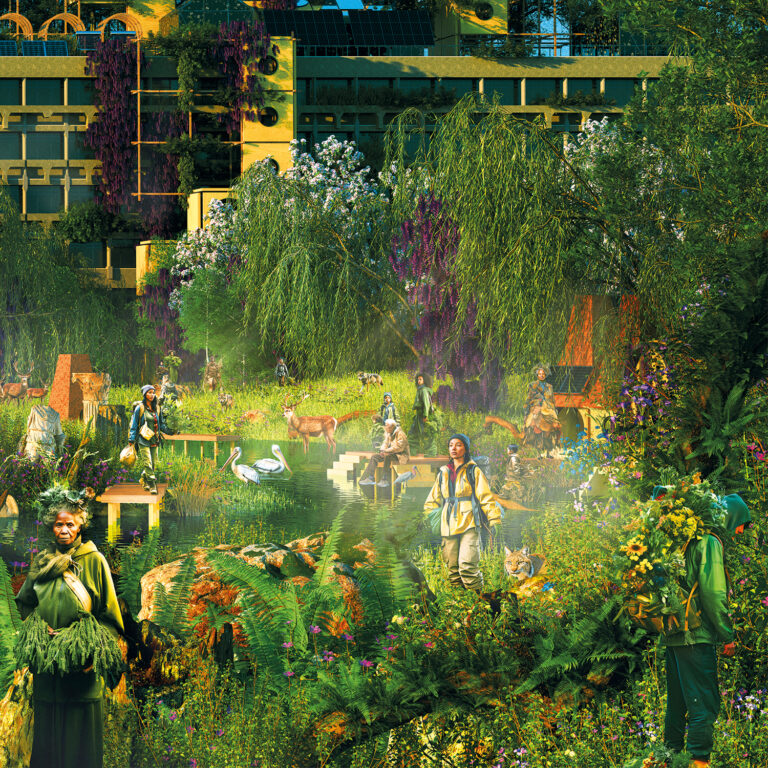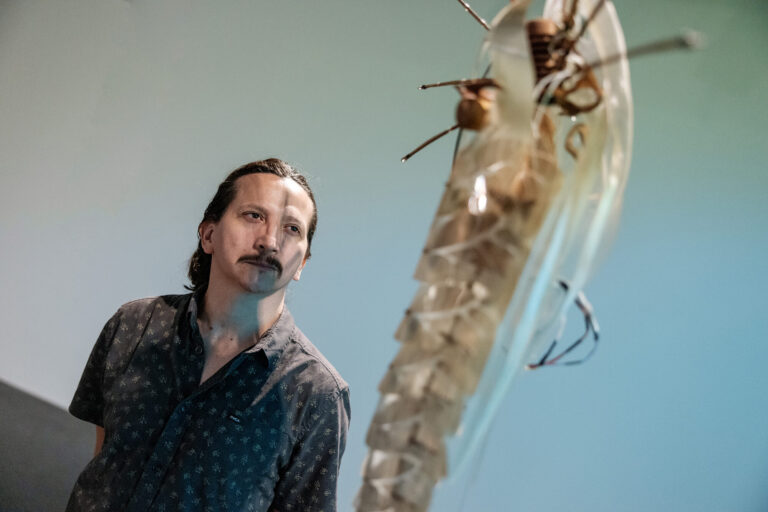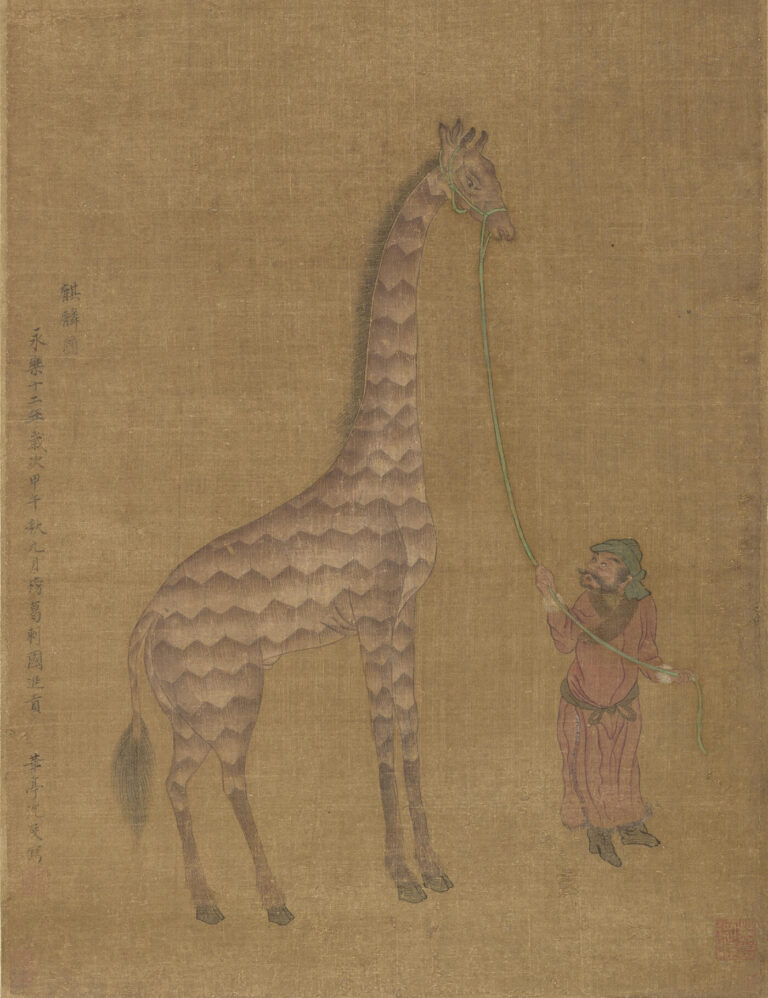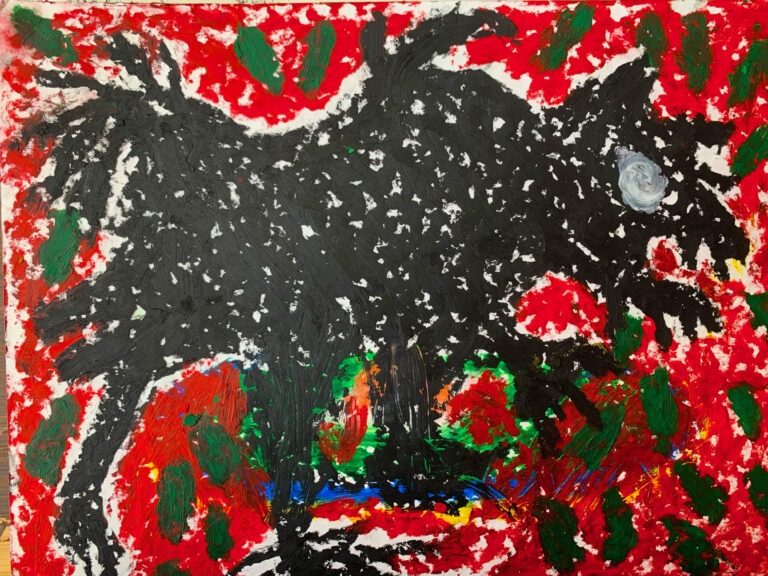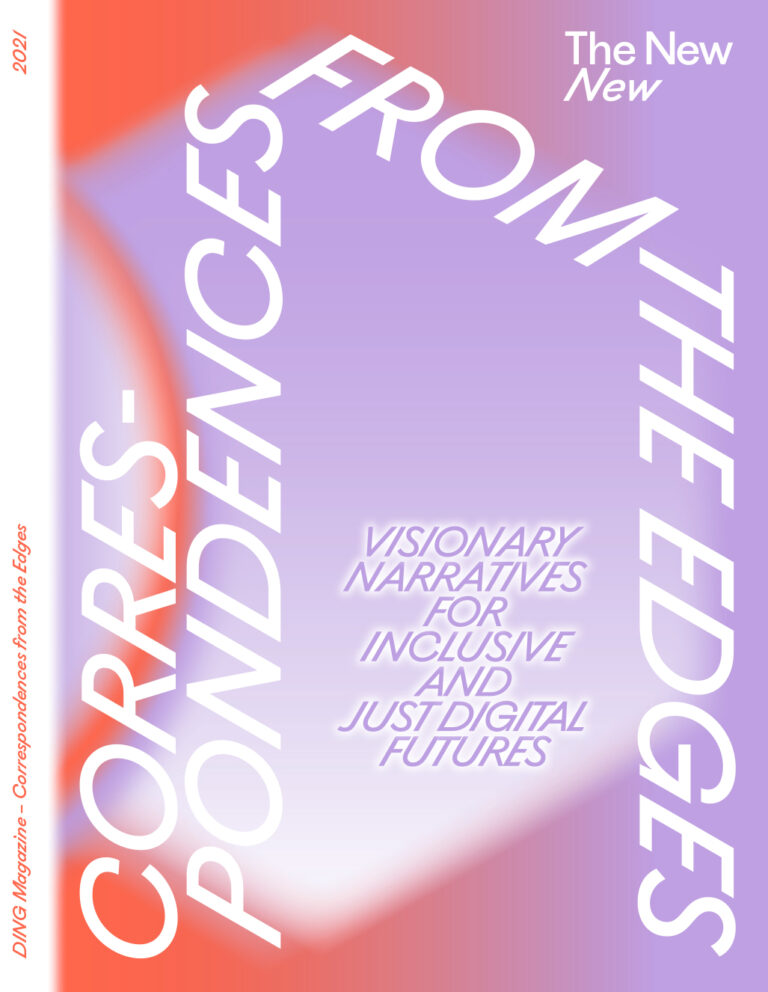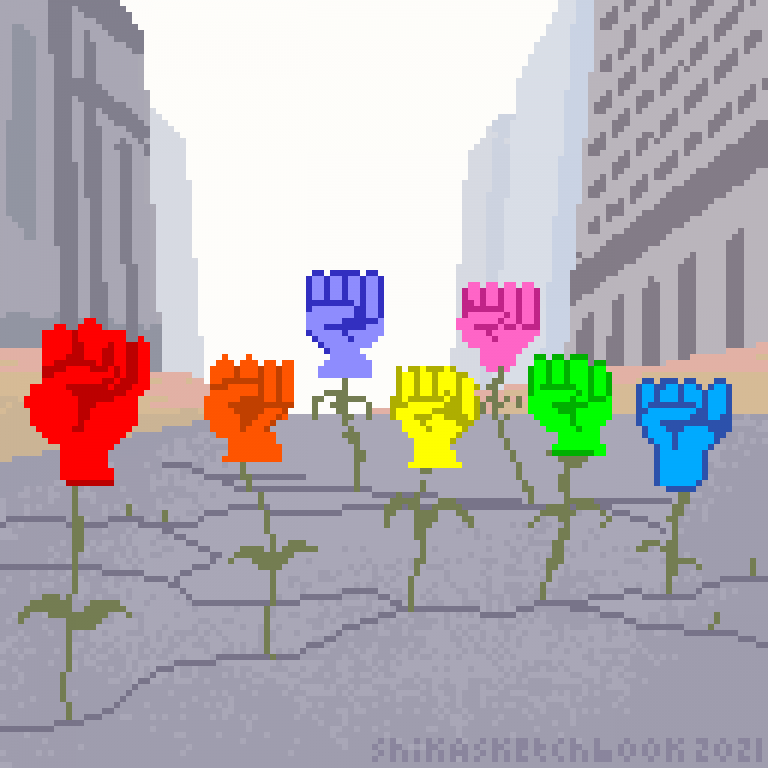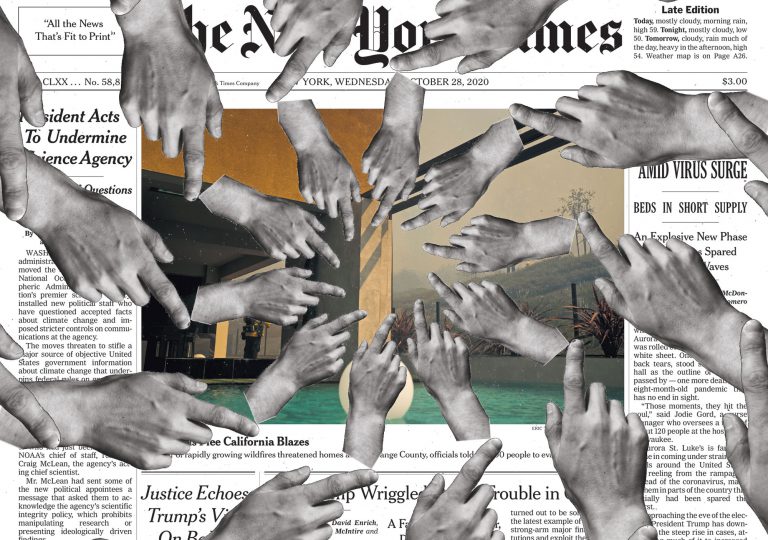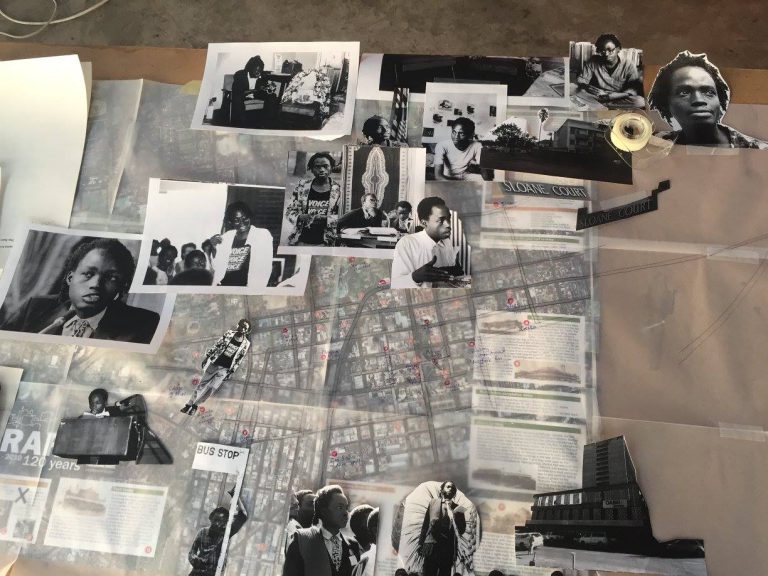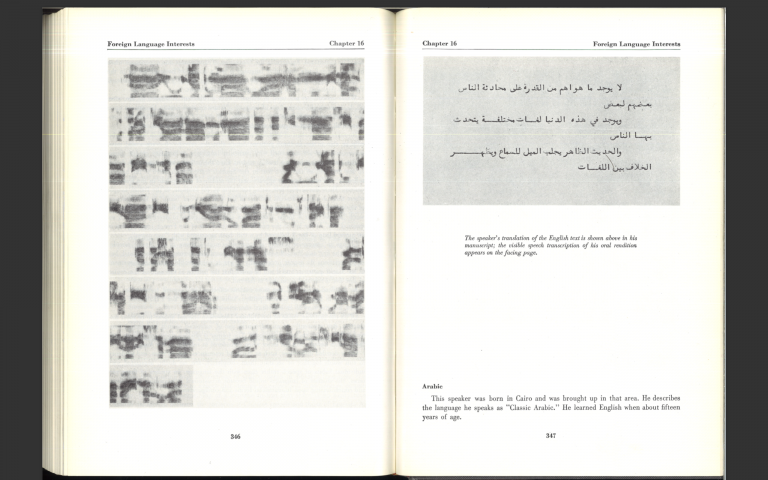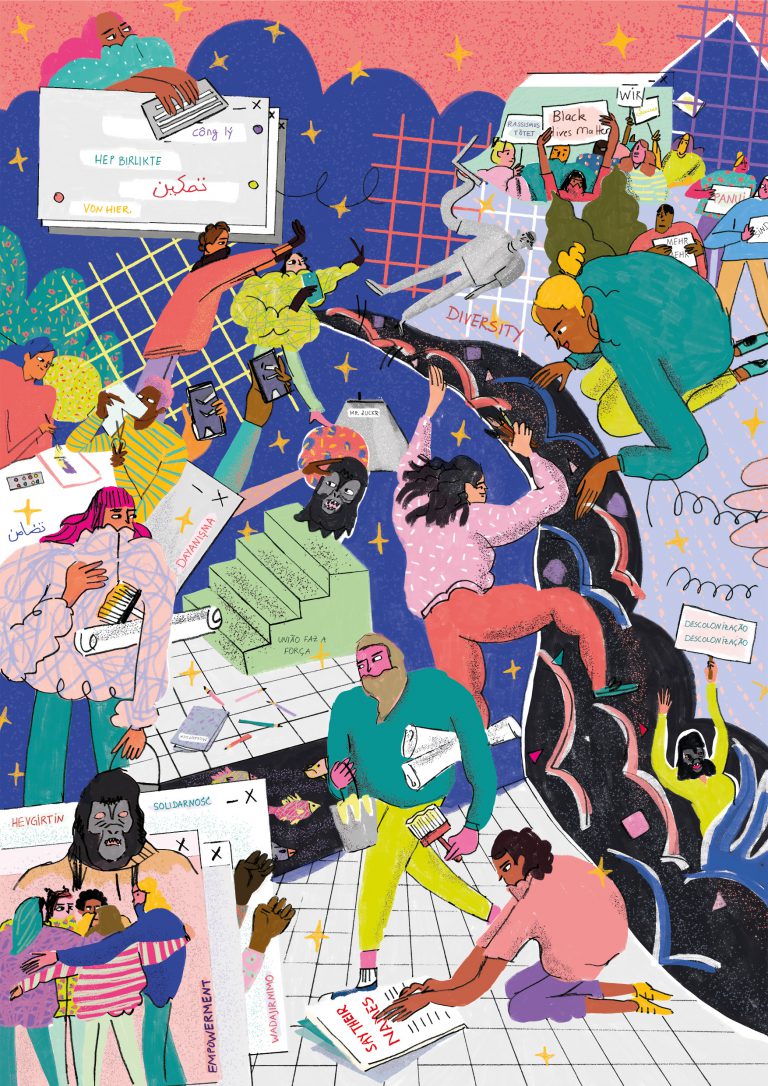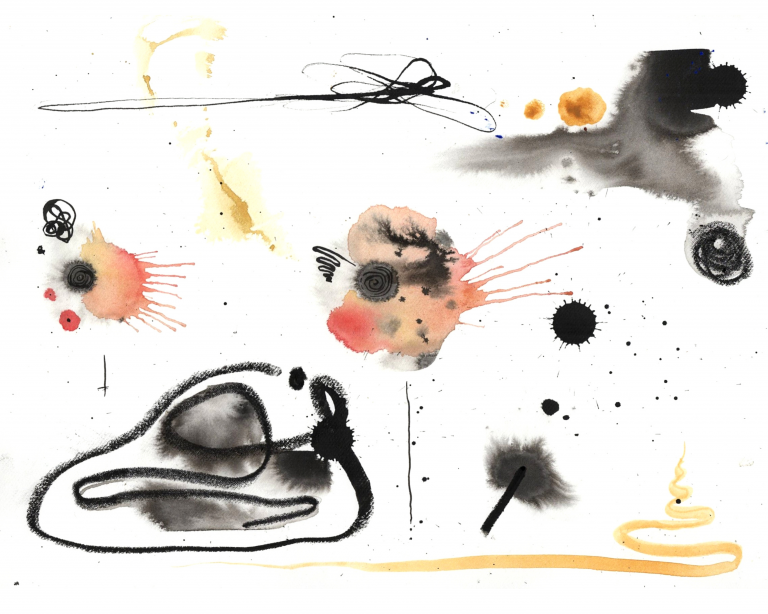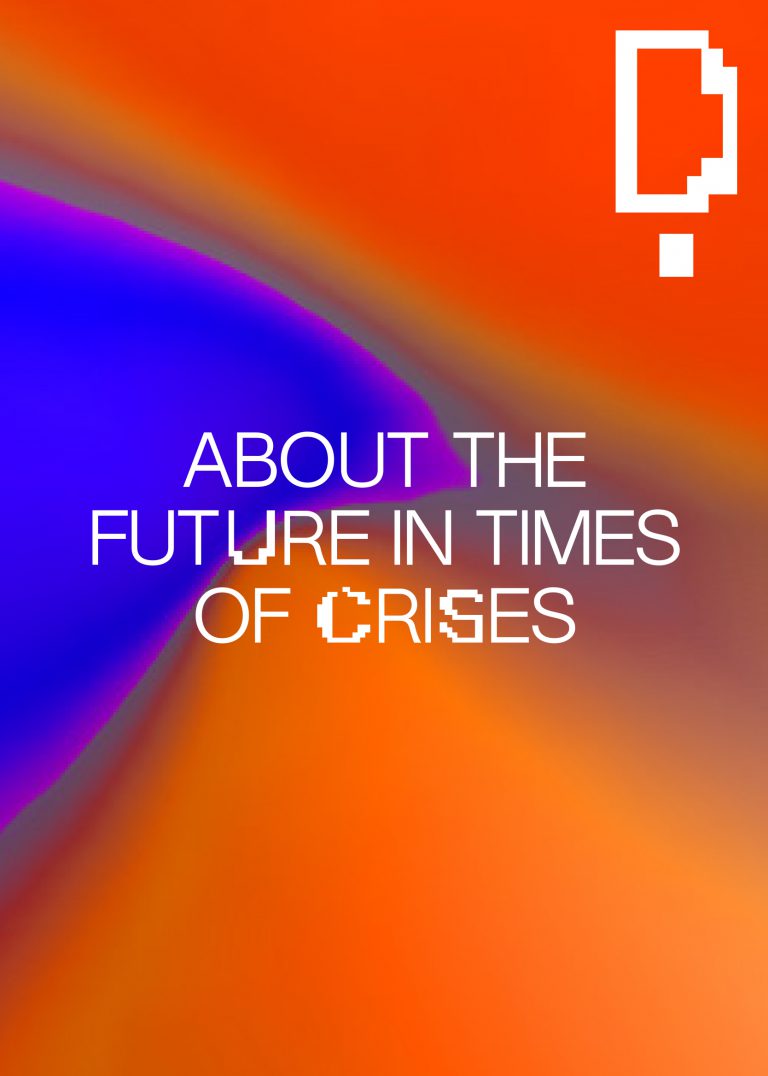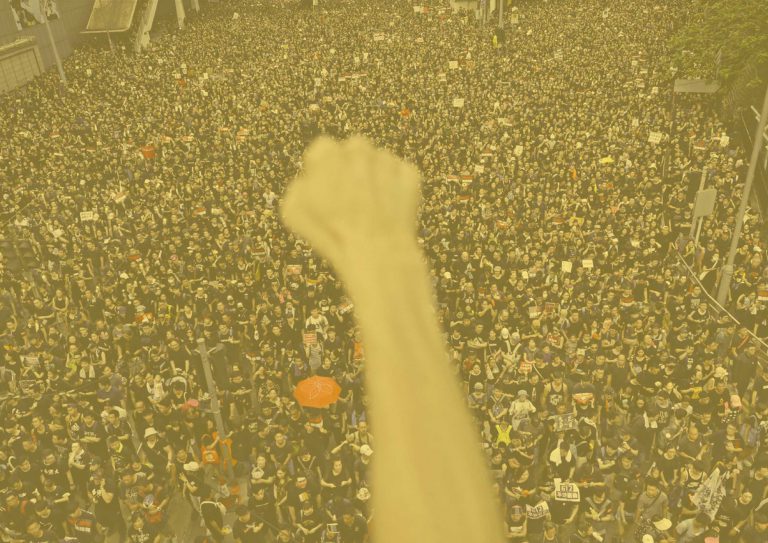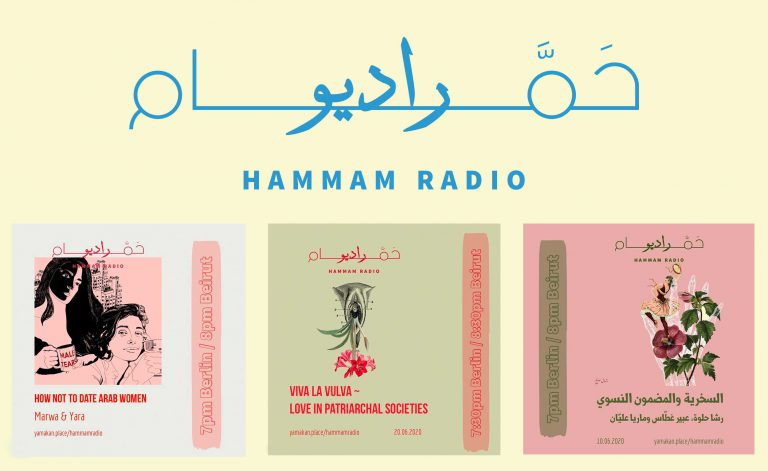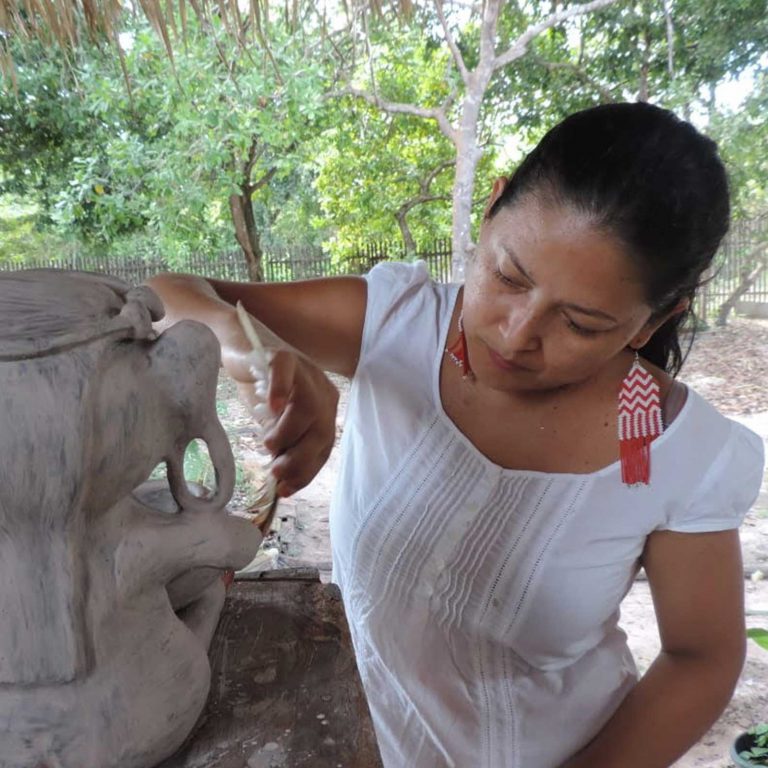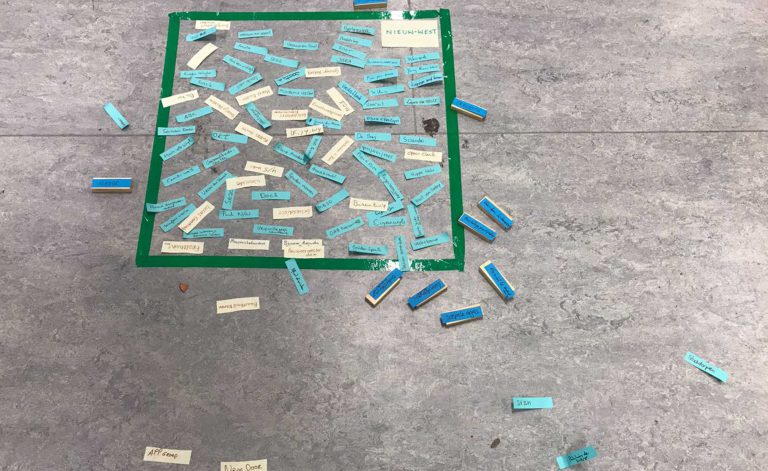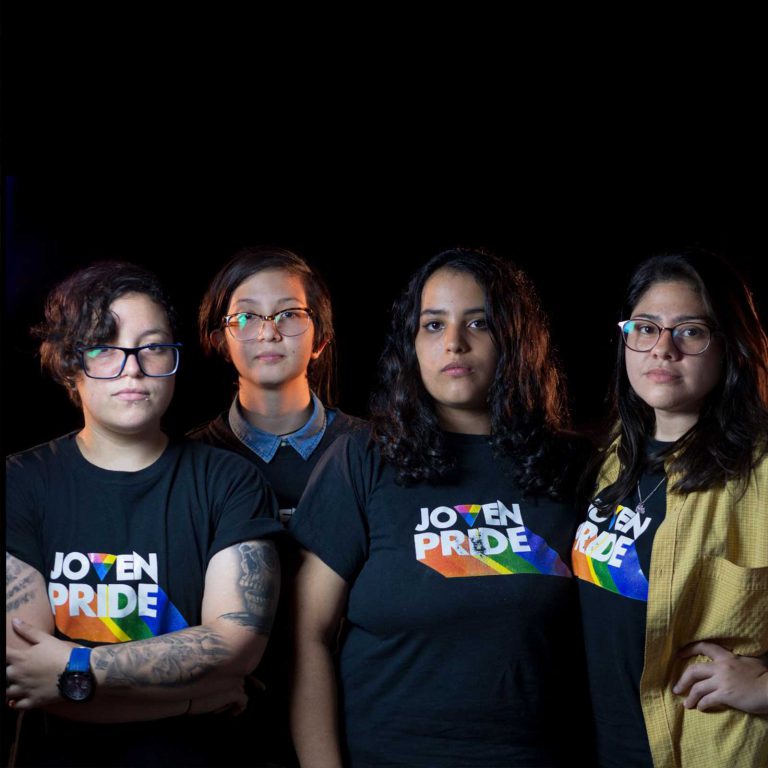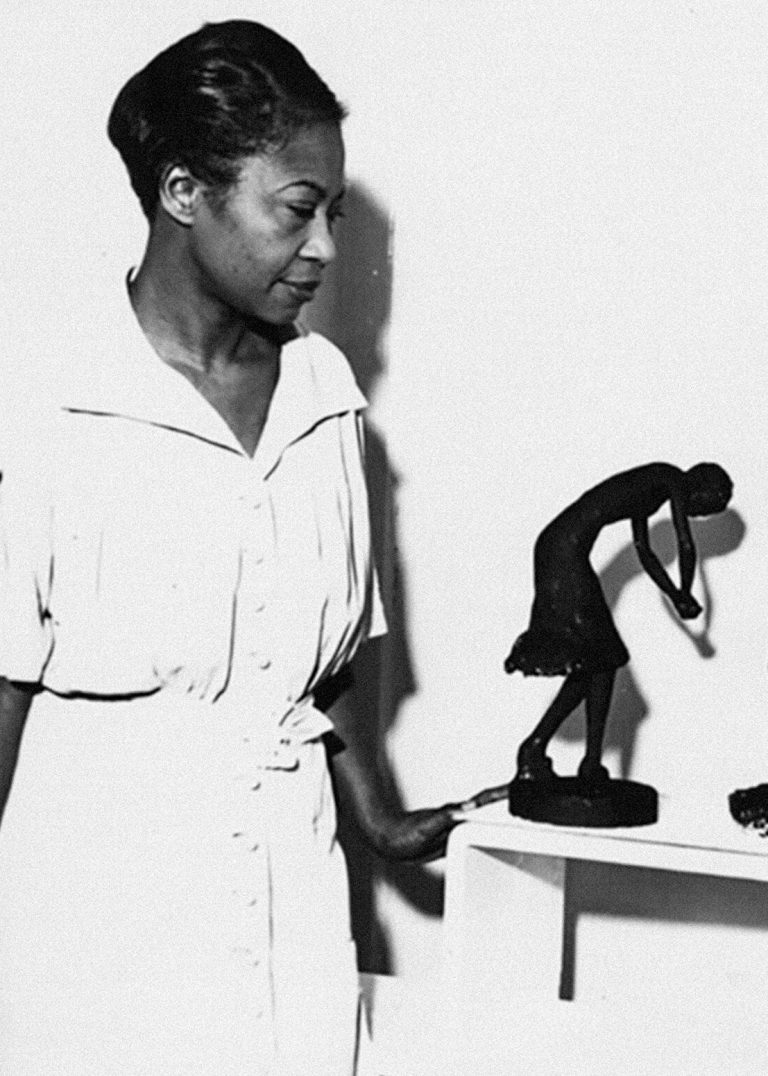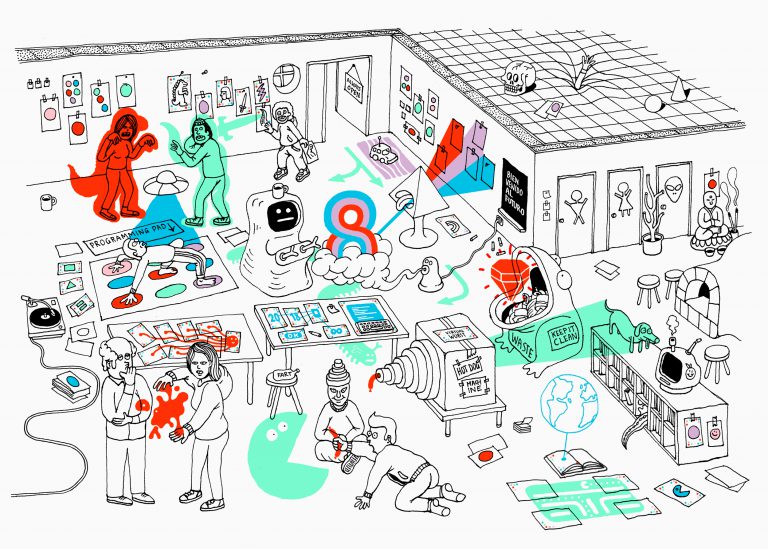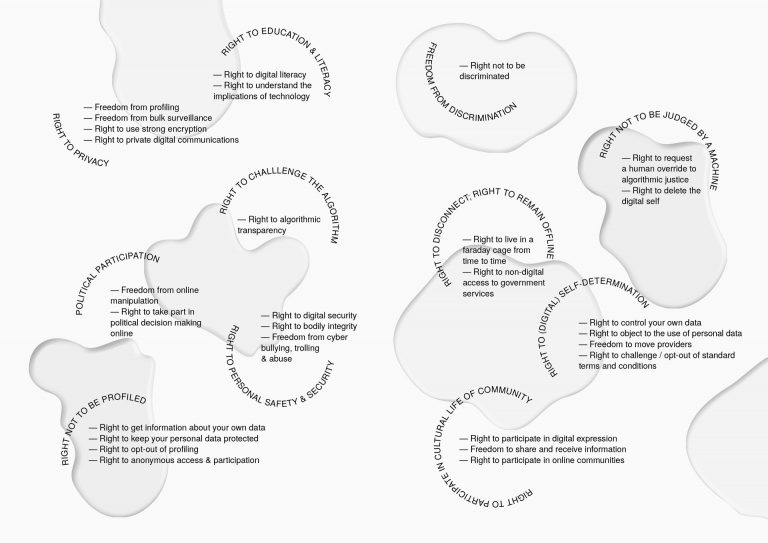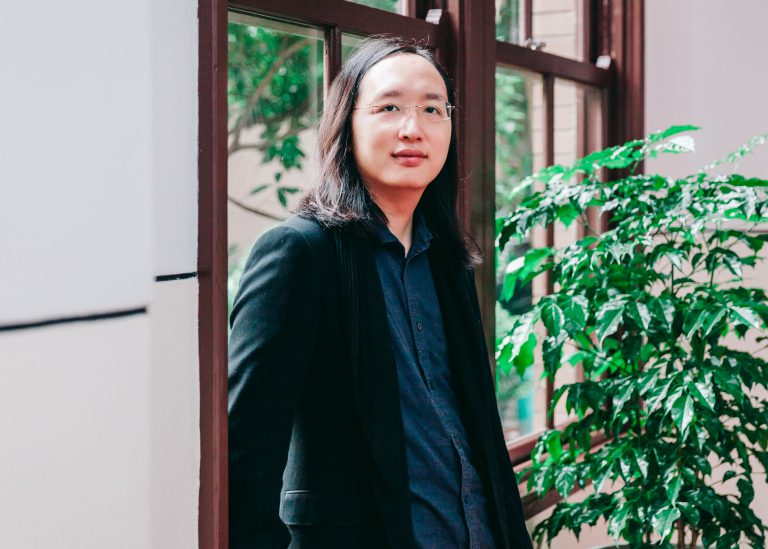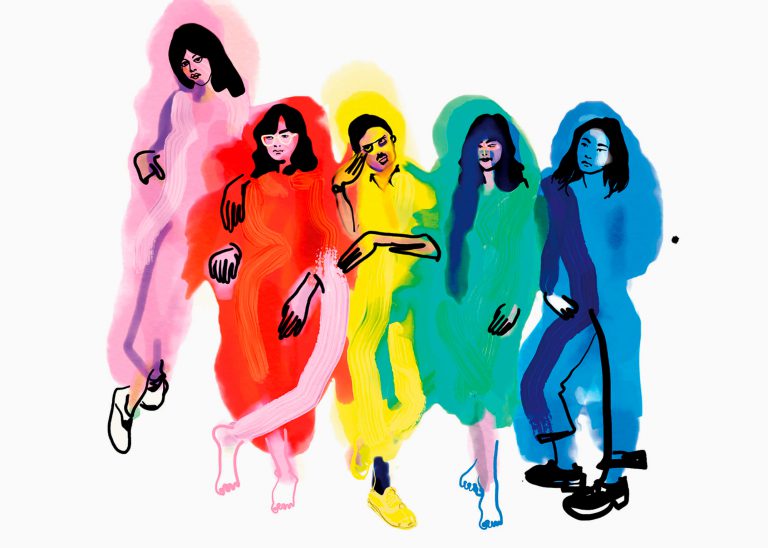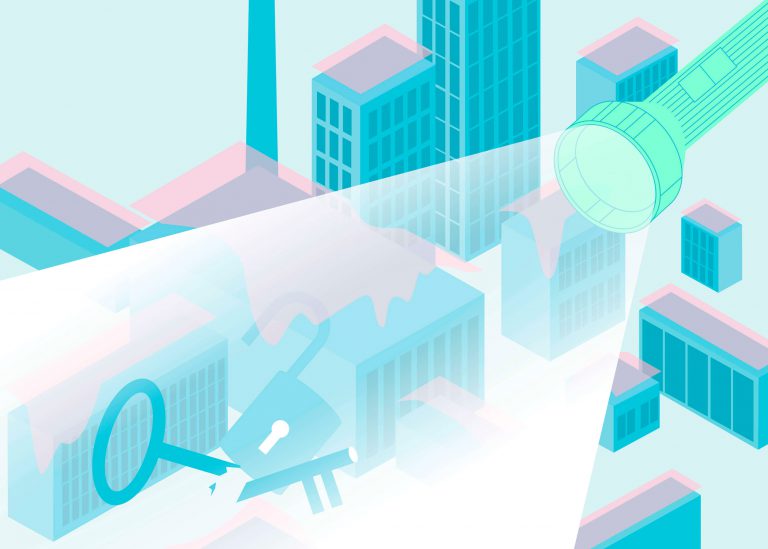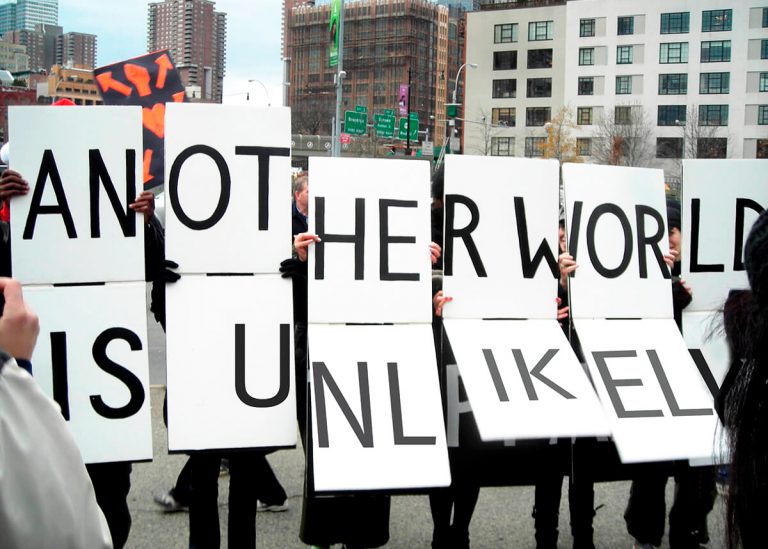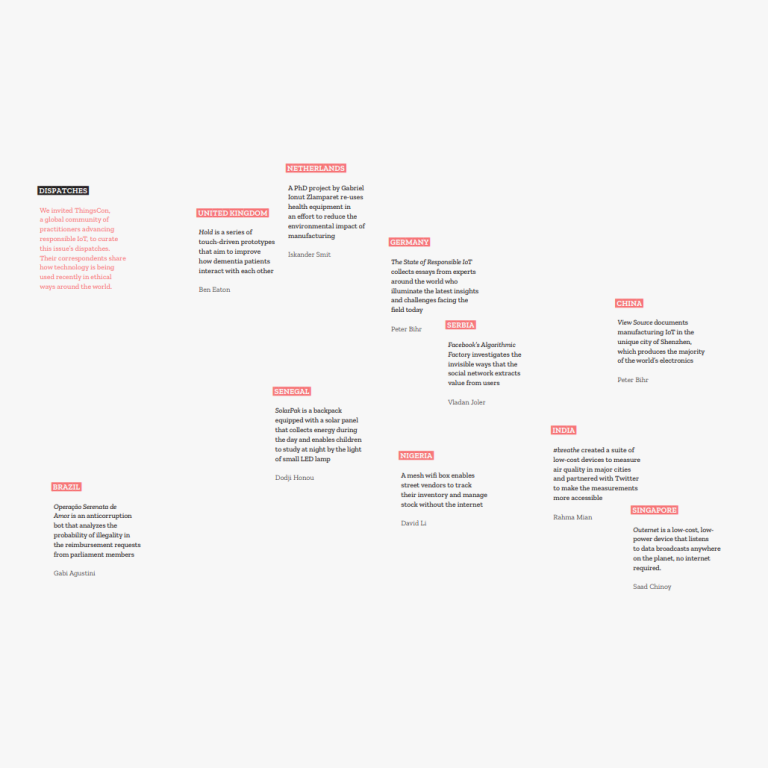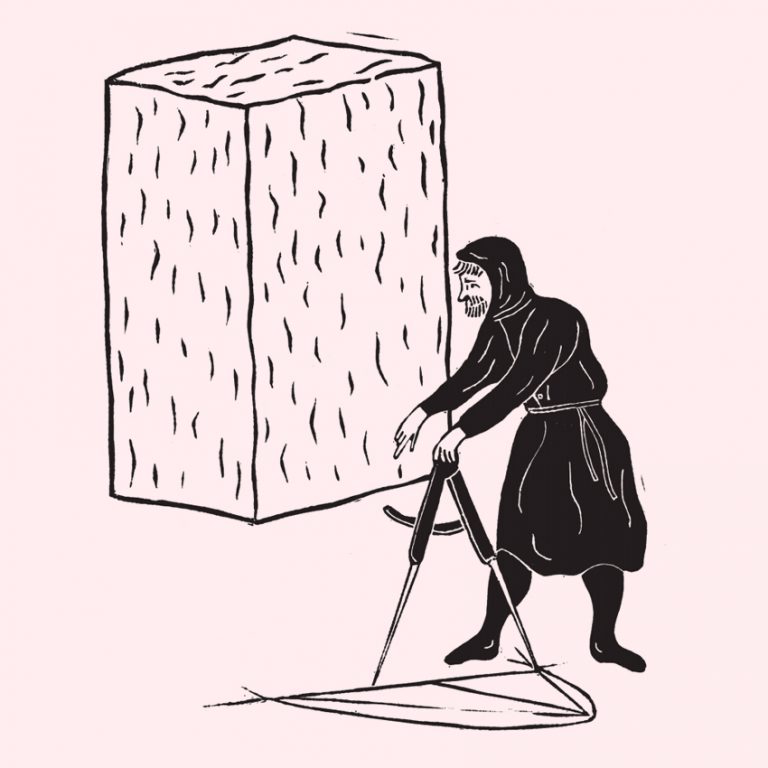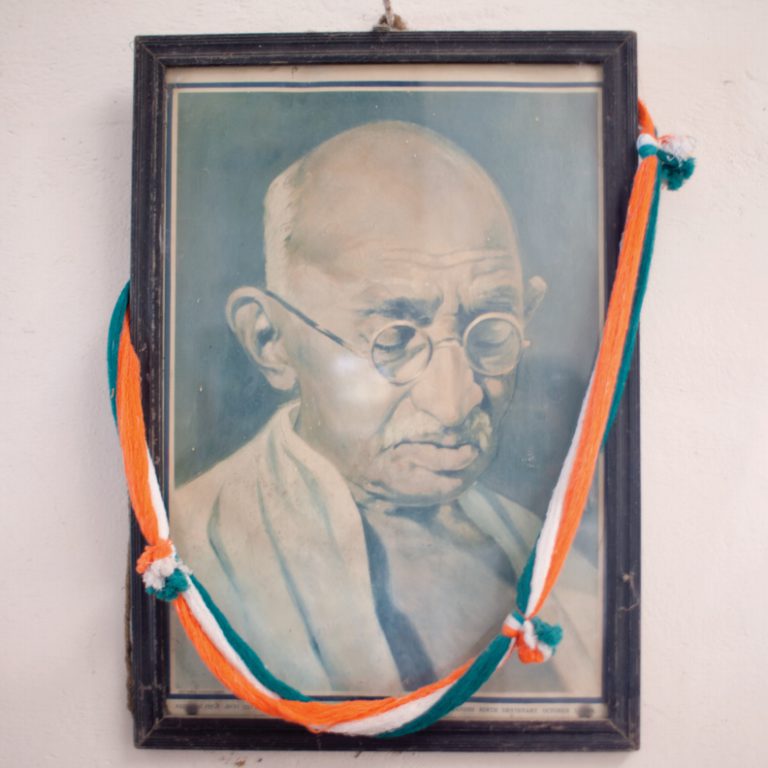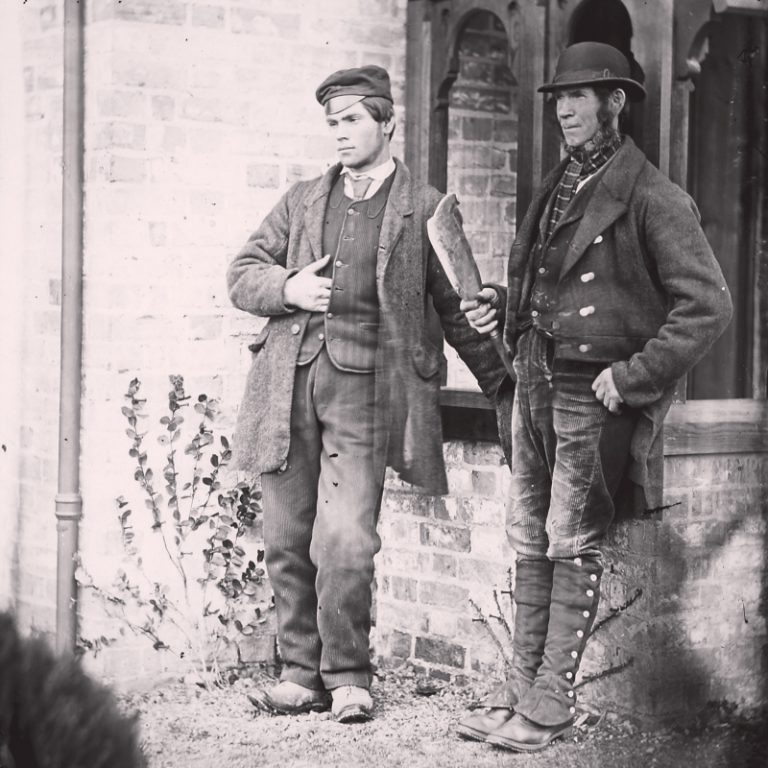Mojez: Nathan, you’ve gone from content moderator to workers’ rights activist. You are a former content moderator and currently chairman of the steering committee for the Content Moderators Union of Kenya, the world’s first-ever content moderators’ union. What was the starting point of this transformation?
Nathan: It’s been a journey, as you said, and though I just found myself doing it, it was in me from long before. I remember that even when I was still working at Sama, every time I found myself at a meeting or in a town hall, I would ask questions because I love people, I love humanity. That is something in me; it is my nature.
Mojez: What is unique about the union? What will it tackle and change?
Nathan: I have nine points to answer how we are pushing to make our union unique from any other union. Number one, unionising means coming together to solidify our power. Two, we want to improve the work and the working conditions of all content moderators and tech workers in this digital space. Three, we want people working as content moderators to have reasonable remuneration and significant payment. Four, we are pushing for regular psychiatric check-ups. Because of the nature of this work, content moderators need rigorous and regular psychiatric and mental health support. And, of course, this connects to the correct psychological and mental support that we think every content moderator should be getting regularly. Five, we will push for the adoption of a clear, protective legal framework and regulations around the digital work sector. Together with human rights defenders, the government, and the legislature we think we will be able to push for this mandate.
Six, and this is crucial, we want to professionalise content moderation work so that content moderators feel proud they are working to protect our community. Seven is having a welfare plan for the future of all content moderators. This way, even after being a content moderator, even after doing this kind of work, somebody can still move on with their life without struggle. Eight is direct employment by the Big Tech companies instead of always having this middle man, the BPOs (business process outsourcing). We need these Big Tech companies to come to our countries, have their offices here, and employ content moderators directly. Lastly, we want an International Day for Content Moderators. We feel we are like soldiers, safeguards, who are taking care of the internet space.
Mojez: I understand you haven’t yet unionised, so from the process you have been through so far, what is the most challenging part when it comes to unionising?
Nathan: Absolutely. It’s an ongoing process and there have been many challenges so far, including finding my name everywhere, in newsrooms and on the internet, as someone who is fighting businesses in the region. Companies and investments in the country, you know. It began affecting my chances of getting hired by other employers. This is one of the challenges that I’ve faced so far. When I send my CV somewhere, after they have gone through my profile and done some checks, they see Nathan as someone who fights businesses, so I lose some opportunities.
These challenges are very personal. But talking of challenges for the whole process, I’d say dealing with different people from different backgrounds. Because the union itself has people from different companies, different backgrounds, cultural backgrounds… At some point you find it not easy even to come together, to become a unit. But all in all, we still push to make sure we have everyone on board, that we shall have this beautiful union for content makers, that we have this common denominator, this common goal.
Mojez: And what has been your most significant learning?
Nathan: The first thing I’ve learned is to trust in the process. I used to feel things should be done now, immediately. But through this process, I’ve learned to be patient. I want to be able to understand people from different aspects. Moreover, I want to be able to understand more because I don’t have a legal background. You know, I have never done law, but through this advocacy work and activism, I’ve read about laws and human rights, and all these documents have grown my understanding. This, and of course my experience fighting for what is right and human rights, has been the most essential part of my journey.
Mojez: What keeps you motivated, what is your greatest source of strength? Who’s your work inspired by?
Nathan: Our goals as a union have always pushed me. I go to bed, wake up the next morning, and feel it’s another day – another chance to push more. So, this takes us back to the second question you asked about what makes us unique. All the answers I gave there are now covered by the word goals. I remember that we need things to change, we need working conditions to change. We need people to be well compensated. What we want to achieve is what pushes me every day. It might not be directly in my favour, but we must unite and fight for change since it’s a long-term goal. We are talking of the digital sector, the digital era, where the world’s future is happening – now. That is the future of our children. We must work towards change so that when things come in the future, our children will not suffer as we did. Change is inevitable.
Many people inspire me, but mostly our forefathers – those who fought for the independence and freedom of our countries. You know, things were not right, but our community had already normalised that situation. People felt like it was life. But a few men and women stood up and said: No, we cannot leave, we shall even die fighting for what is right. They fought for our independence. They were free, though many lost their lives on the front line, fighting for what is right. Today, we enjoy independence because they gave their lives for this freedom. People like Jomo Kenyatta in Kenya, Prince Louis Rwagasore who is, you know, one of the greatest people to fight for independence in Burundi. Patrice Lumumba from the Democratic Republic of Congo and Martin Luther King in America, and many others who have fought for people’s freedom. These are some of the people who have always motivated me, and make me feel I can do it.
Mojez: That’s very inspiring. Do you think organised workers can change how Big Tech works and if so, how?
Nathan: I’ll answer this question with a very big YES. I believe in solidarity and united voices. There’s a saying in Latin: Vox populi, vox dei. It means the voice of the people is the voice of God. When we are united, we will not have to wait for the boss to listen to us – the boss will have to come down. The only option he will have is to come to listen to us and solve it immediately. That is what I believe we can do by unionising and coming together. I strongly believe there is power in numbers and unity. There is no way one or two people can fight thousands of people once we have a common goal. No one can destroy the solidarity we are building, nor our voices united for a resolution.
Mojez: It’s great to see you are so optimistic. How important do you think international workers’ solidarity is for your cause and what do you wish for in this regard?
Nathan: My prayer, which has become a daily push, is to see all content moderators across the globe coming together and fighting for their rights. You know, from Africa to Asia, the US to Europe, and worldwide. I’m glad that we’ve already reached a point where we see the public has started to understand why we are coming together and realising the work that we’ve been doing is vital in protecting them. There is no difference between me and a soldier looking after our borders today. You know, I’m a military officer who takes care of the security of people in the internet space, so I should be known and celebrated. That’s why all content moderators across the globe should come together – to make it something that people understand. Content moderators are not just workers, but safeguards, protectors who care for us when we enjoy browsing the internet. So, in response to your question, international workers’ solidarity must continue to grow daily because that is the only way we can change things.
Mojez: What does the future of content moderation with unionised workers look like?
Nathan: Our future as unionised workers will be very impressive. It’s a future in which content moderators will have a space to speak about their issues. It’s a future where content moderators and digital workers will not work like machines. They will have a moderated way of working. That is what I see. A worker or content moderator will choose how many hours they will work in a day or in a week. You don’t have to push for 40 hours a week – it is more than just a regular job, one which really affects people’s brains and mental health. In this future, the boss will come down, talk with the worker or employee and ask, how many hours should you deliver to me in a week? It’s a future in which a content moderator will feel very proud, even walking around and telling people, ‘I’m a content moderator,’ because it’s a very noble job. We are taking care of our community and protecting people’s lives. And of course, in this future there will be support systems so moderators do not have to struggle through all the effects of this job.
These are vital things we want to push for to make sure that this space can be different as we move forward in the digital era. And, of course, as content moderators, we have a slogan: Once a content moderator, always a content moderator. We will always fight for that. Whether we are actively working as content moderators or not, we will still stand for content moderators everywhere, because that experience cannot be taken away. We still carry it, as part of our lives. It’s because of this that we must continue to fight for the rights of all content moderators, across the globe.


